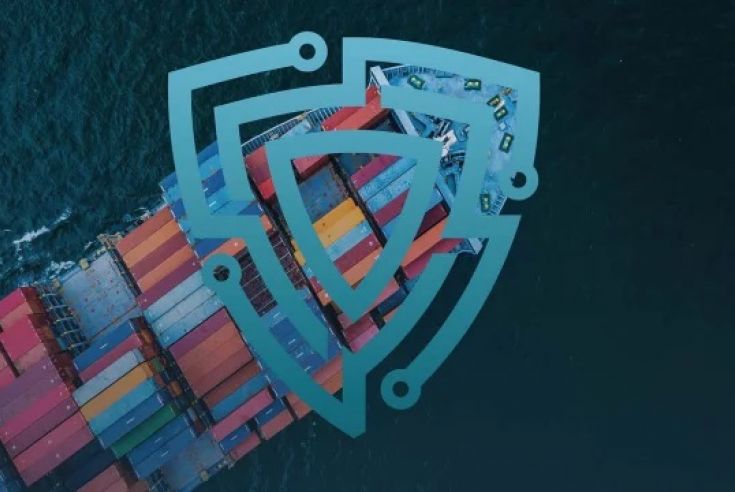GMDSS General Operators Certificate (GOC)
St. Georges Avenue, South Shields Tyne and Wear, NE34 6ET
1,375 £
EnquireSchool South Shields Marine School
Location St. Georges Avenue, South Shields Tyn...
Duration 2 week(s)
Dates Contact for more info
Accommodation None Included
A two week full time course designed to prepare students for assessment leading to the award of the GMDSS GENERAL OPERATOR\'S CERTIFICATE (GOC) consisting of written and practical examinations in the following areas:
Knowledge of general principles, basic features and use of:
The Maritime Mobile (Terrestrial Radio and Satellite ) Service
Detailed practical knowledge and ability to use the basic communications equipment of a ship station:, including Radio communication transceivers, Digital Selective Calling (DSC), shipborne Inmarsat satellite systems , Navtex , EPIRBs, SARTs , Distress, urgency and safety communication procedures in the GMDSS, Search and Rescue operation
Miscellaneous skills and operational procedures for general communications including, the satisfactory exchange of communications relevant to the safety of life at sea, Obligatory procedures and practices, Practical and theoretical knowledge of general communication procedures
Fees:
£1215 + £160 exam fee
Dates available:
Course content:
Detailed knowledge of the operation of the GMDSS sub-systems and equipment.
You will learn how to operate and describe the function of the following equipment:
MF/HF/VHF transmitters/receivers using telephony and Narrow Band Direct Printing (NBDP)
DSC encoder/decoder
Inmarsat Ship Earth Station (SES)
COPAS/SARSAT & INMARSAT
Radar Transponders
NAVTEX receiver
Propagation
Aerials
Batteries
Use of BITE
Ability to send and receive by radiotelephone and NBDP
You will learn how to use communication procedures by means of telephony using, where appropriate, the phonetic alphabet and standard marine navigation vocabulary. This includes:
Communicating using NBDP
Using QWERTY keyboard at speeds of not less than 50 characters per minute over a direct printing telegraphy circuit, where appropriate, using recognised standard abbreviations
Detailed knowledge of Regulations, Procedures and Charges
How to describe the general provisions of GMDSS
Full knowledge of Distress, Urgency and Safety working
How to avoid harmful interference
How to calculate charges


